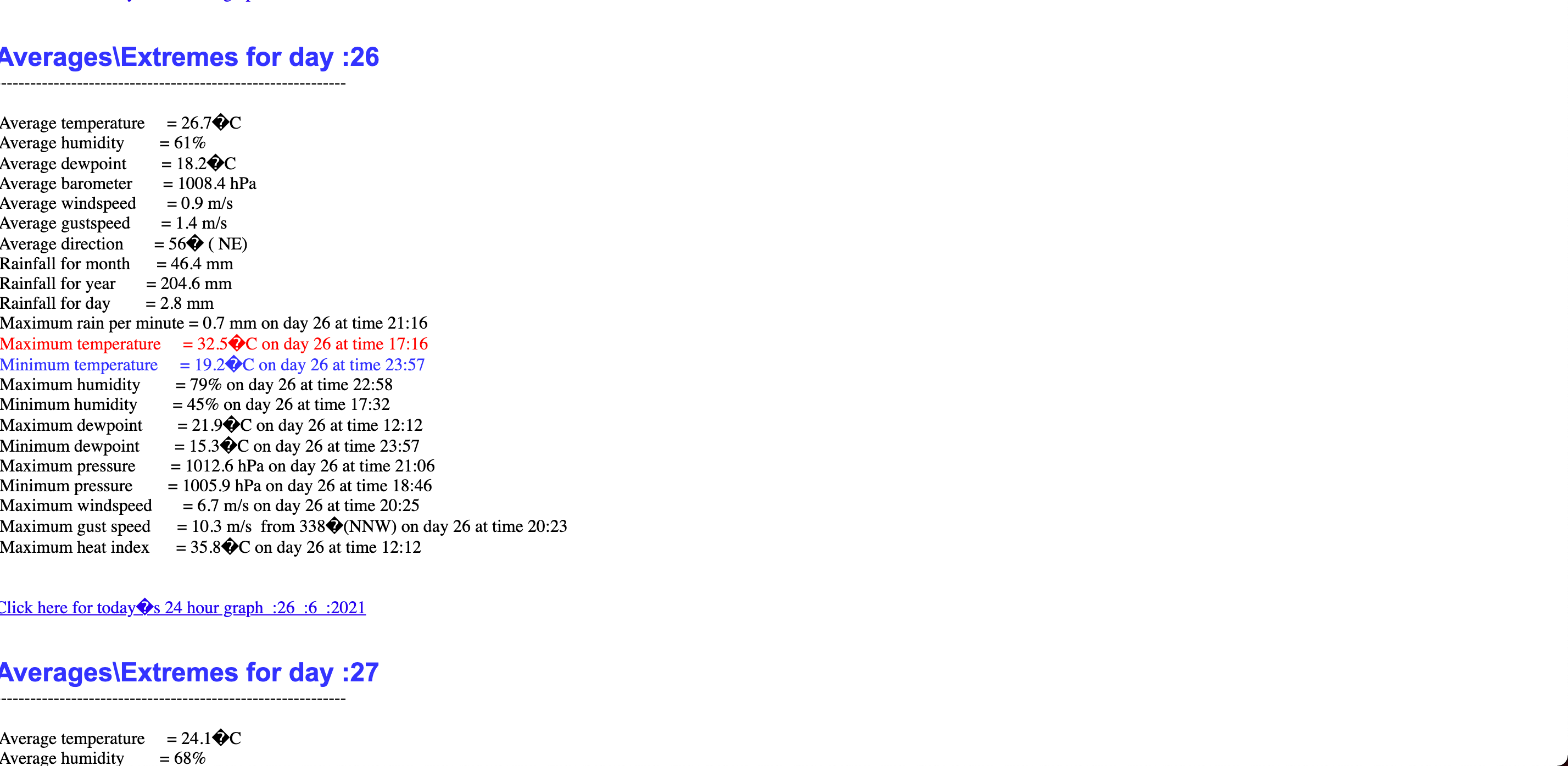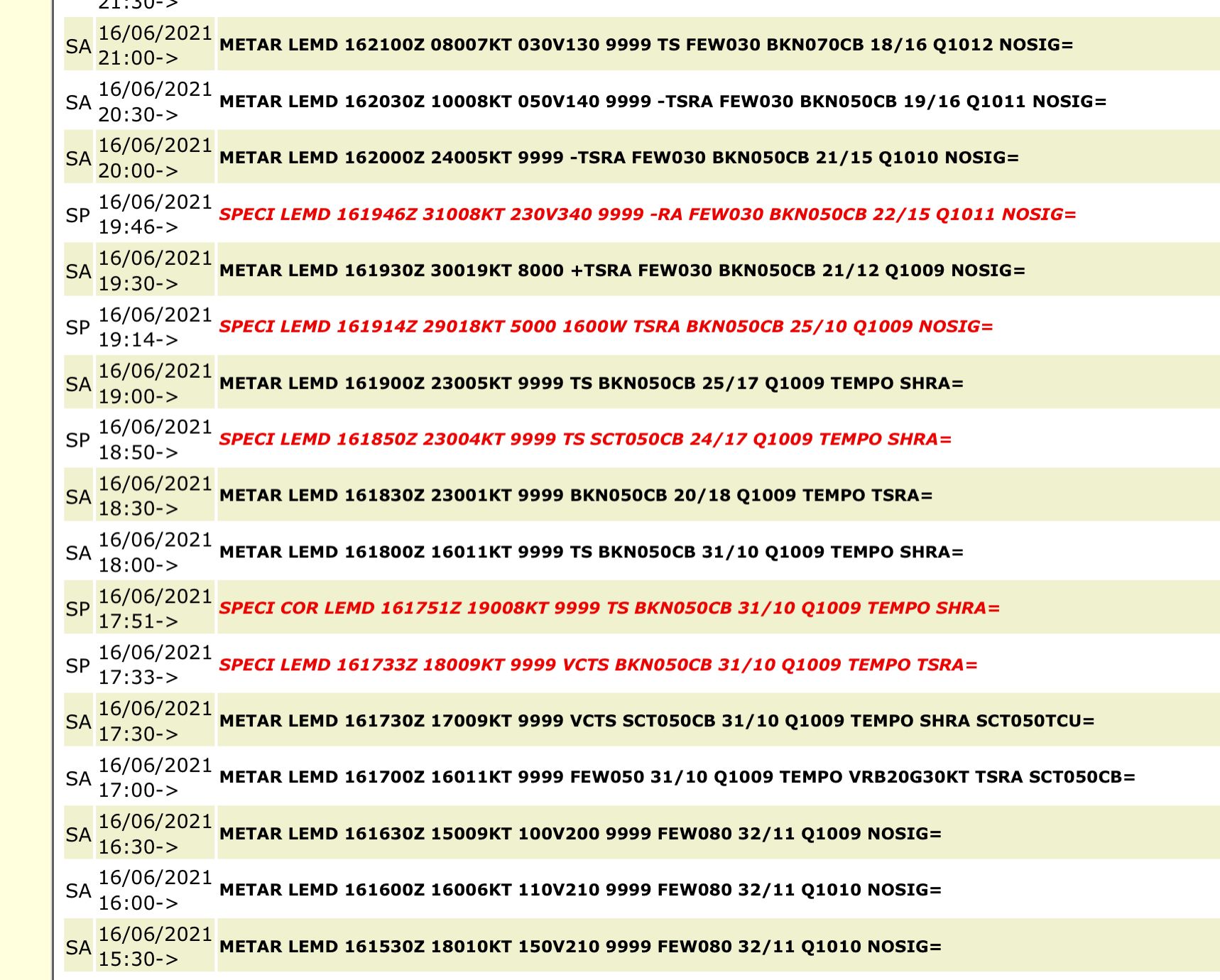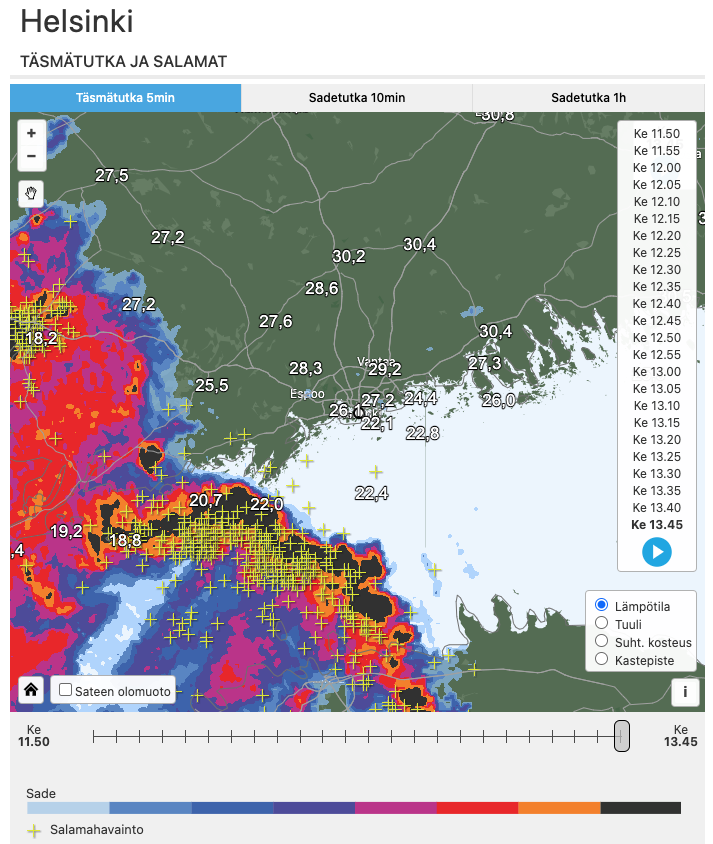Automatic alti/baro really needs attention
-
@nikshot If altitude is calibrated by FusedAlti or manual it can also cause this jump in pressure. In this case the alarm won’t be triggered.
-
@surfboomerangIt is not touched
-
For my experience you can not based only with “storm alarm” functionality. It more important to read the baro/pressure information about the evolution of last 24h.
For this I would like to see the baro graph evolution for the last 24h (like in the old Suunto Core) and not only 12h like now.
So also the arrow indicators in the baro clock face, it not help because for me it’s too much sensitive.
I hope in future feature release…

-
@isaziInterestingly, at many stations the archives show a rise in pressure around the storm, for me, these data are not accurate because they do not correspond to the Apocalypse that has passed. is one of them:

-
@nikshot well, if a barometer was all you needed to predict weather, we would not need to spend billions for weather forecasts.
Pressure trend is fine, it work at times, but it’s just one variable. -
@nikshot said in Automatic alti/baro really needs attention:
many stations the archives show a rise in pressure around the storm
So, what do you expect a watch’s barometer could do if even weather stations didn’t get the drop in pressure ?
-
@nikshot said in Automatic alti/baro really needs attention:
@surfboomerangIt is not touched
The watch does this automatically in the background during an activity. Did you save the activity? If so, do you see an altitude change at the same point as the pressure spike in your photo?
-
@egika I just simply pointed out a fact that I observed several times. Storm alarm triggered more often in my Ambit 3. Anyway, there is an airport very close, I guess that METAR data would be available for June 17th, any hint where could I find that to share? Just curious.
J
-
OK. I managed to find the historical METAR data for Madrid. They were not available for the closest METAR station. As the storm episode was very similar in Barajas, I guess that those data work to understand what happened.
It seems that it did not come with a significant descent in air pressure, that remained more or less the same for the whole day (see pic attached). That would explain why the storm alarm never triggered, despite the huge storm with wind and ice that hit my place.
My question now is how usual it is for storms to come without pressure drop. That would help me to understand how often the watch would warn me. For instance, in typical summer storms, do they come with pressure drop or not? That would be the scenario where the alarm is more helpful.
On the other hand. I learnt a lot in this thread. Thanks to everybody and @Egika and @isazi in particular.
J

-
@efejota I can answer this.
Depends on the area.
At NL each storm has so fast pressure change that I get altitude changes.
At FR (midi Pyrenees) yes. Almost all storms would trigger the alarm.
At GR at the seal level (beach vacation) the pressure would trigger the alarm.
Not all storms bring a pressure chnage and some storms even raise the pressure when you are just under.
-
@freeThe word “Storm”, or “Storm Warning” as in Garmin watches does not refer to an actual impending storm. It refers to the change in atmospheric pressure per hour. I think it would have been better if they had put “Warning on pressure change” in both Suunto watches and Garmin watches at the factory, it would have been better.heeler
-
@Yohnny59 said in Automatic alti/baro really needs attention:
does not refer to an actual impending storm
Well, in fact it’s a warning

